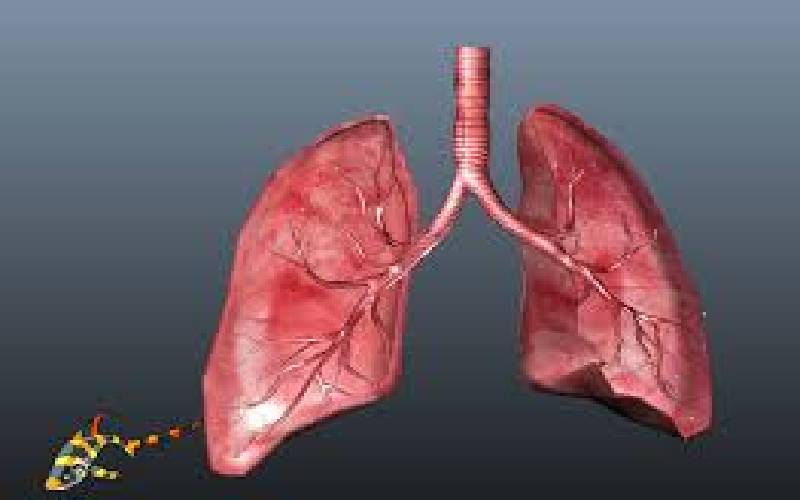×
The Standard e-Paper
Home To Bold Columnists

My biggest fear of Covid19 is the fact that it may leave me with permanent organs damage even after recovery. E.g. permanently scarred lungs, kidneys, heart, liver...and that means I may not live to fight any other disease..and that is what MoH needs to make Kenyans understand.
Get Full Access for Ksh299/Week.Fact‑first reporting that puts you at the heart of the newsroom. Subscribe for full access.
- Unlimited access to all premium content
- Uninterrupted ad-free browsing experience
- Mobile-optimized reading experience
- Weekly Newsletters
- MPesa, Airtel Money and Cards accepted
Already a subscriber? Log in